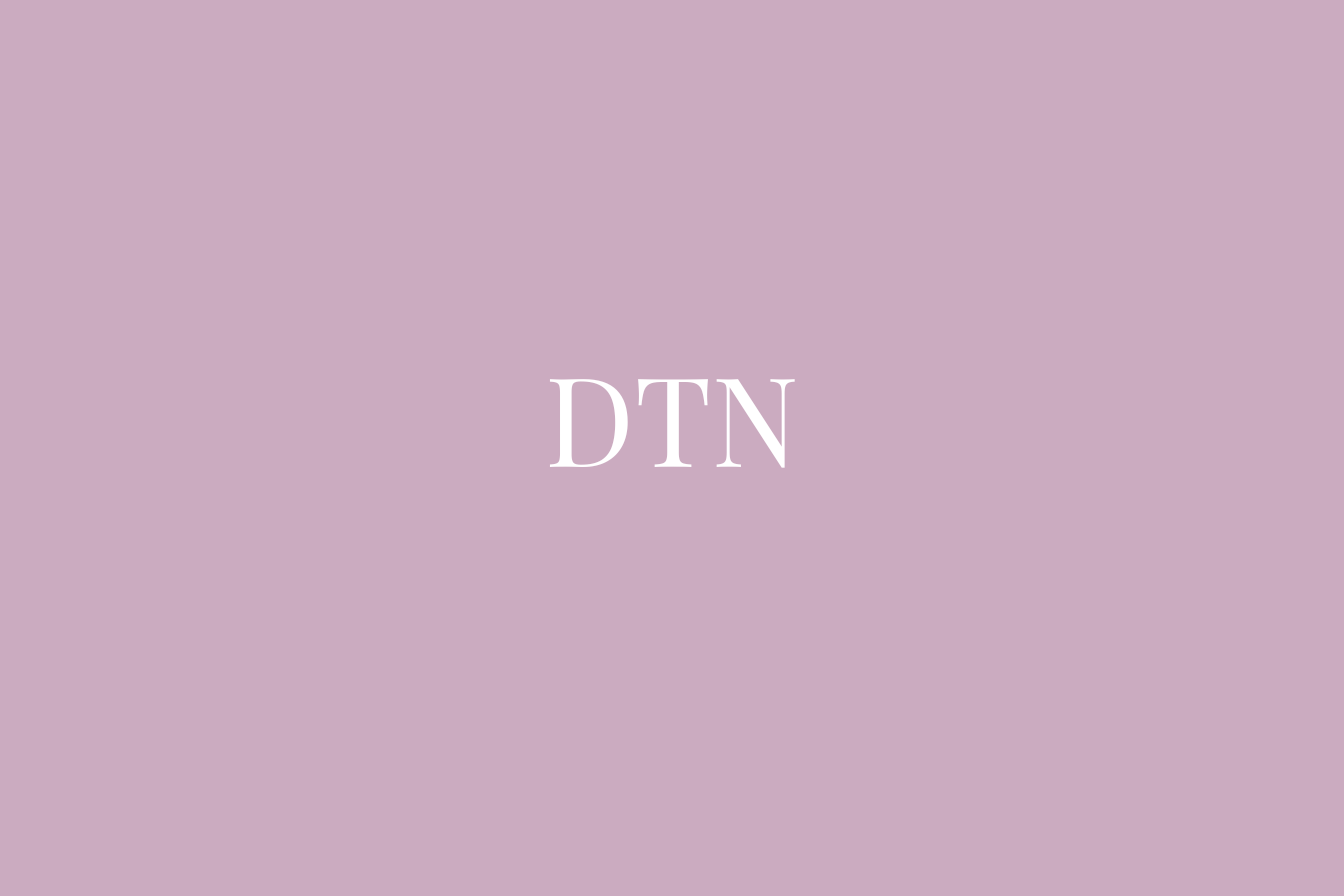In today’s digital age, understanding the lingo used on social media platforms is important to keep up with the fast-paced communication.
One term that you might come across is “DTN,” and you may find yourself scratching your head wondering what it means.
In this article, we will dive into the meaning of DTN, how it’s used, and where it fits in the social media world. We’ll explain whether it’s appropriate for all audiences and in which contexts it should be used.
By the end of this read, you’ll be in the know, equipped to use DTN correctly in your online interactions.
Key Takeaways:
- What DTN means: It is an acronym that stands for “Don’t Trust Nobody.”
- Emotion it invokes: The phrase often expresses a feeling of caution or wariness.
- Where to use it: DTN can be used in situations where someone is advising others to be careful about whom they trust.
- Workplace appropriateness: It’s generally okay to use DTN in casual work conversations, but it may not be suitable for formal communications.
- Child-friendliness: The phrase is not offensive, so it’s safe for children to see, but explaining the context is important.
Meaning of DTN
So, what does DTN actually mean? DTN stands for “Don’t Trust Nobody.” It’s a phrase used to tell someone to be careful about who they trust. The double negative in “Don’t Trust Nobody” is common in slang, even though it isn’t correct in formal English. Instead of meaning to trust everyone, which a double negative would imply in proper grammar, it strengthens the warning not to trust anyone.
This phrase can show up in different kinds of situations. Sometimes people use it when they’ve had a bad experience and want to remind others to look out for themselves. Other times, it’s just a way to say that the world can be tricky, and it’s important to be smart about who you let into your life.
You might see DTN used as a hashtag or casually in text messages and online posts. It’s a shorthand way of expressing a pretty serious idea about trust and personal relationships.
Examples
Let’s explore some real-world situations where someone might drop a DTN:
- On social media, after someone has been let down by a friend, they might tweet or post about their feelings and include #DTN in their message.
- In a group chat, if someone is sharing a story about being betrayed, another person might reply with “Wow, really DTN,” to show agreement and support.
- When giving advice to friends about being cautious in new relationships or even business dealings, a person might use DTN in conversation to emphasize their point.
By understanding what DTN means and the context it’s used in, you can navigate social media conversations more effectively and use the term when it feels right for the situation. Remembering that it’s a phrase rooted in caution can help guide when and how to incorporate it into your own social media practices.


